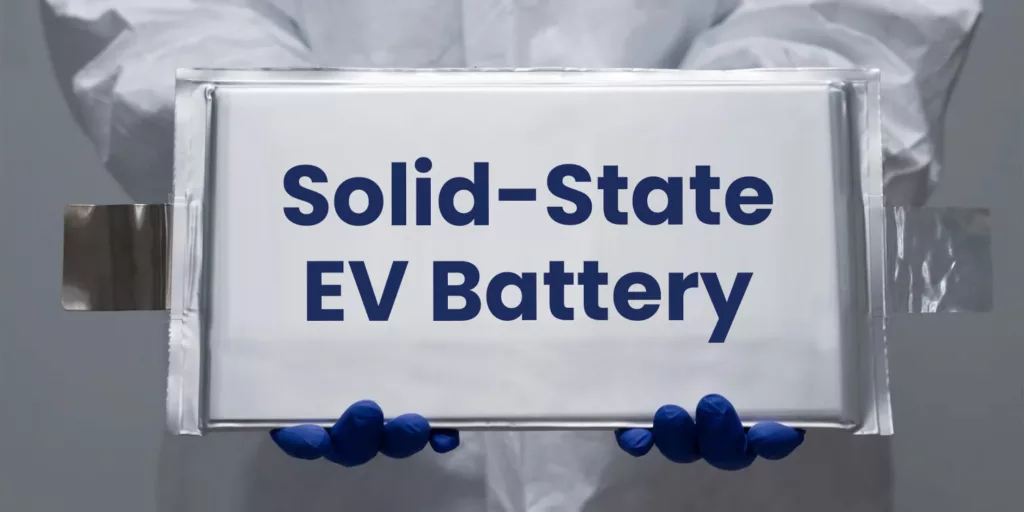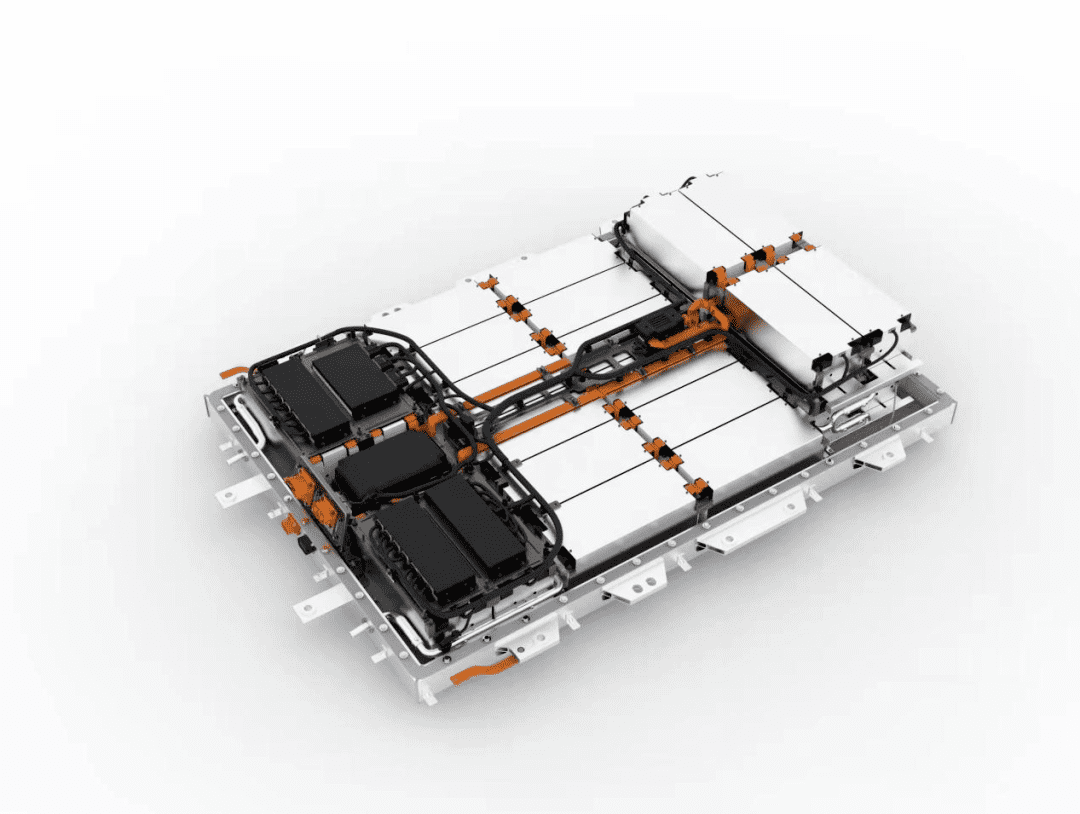Unlocking the Potential of All-Solid-State Lithium Batteries: A New Technological Pathway Proposed by Researchers from the University of Science and Technology of China

#post_seo_title
Advantage of Solid State Lithium Battery over Lithium Ion Battery:
Battery technology is one of the core components of ‘dual carbon’ technologies, including new energy vehicles and energy storage. All-solid-state lithium batteries, which use non-flammable inorganic solid electrolytes instead of organic liquid electrolytes, offer higher safety and greater potential for increased energy density compared to commercial lithium-ion batteries. As a result, they have become the focal point of research for the next generation of lithium batteries.
The positive electrode material of all-solid-state batteries:
Significance:
According to the University of Science and Technology of China, Professor Ma Cheng has proposed a novel technological pathway for the positive electrode material of all-solid-state batteries. This technology can significantly increase the loading of active materials within the composite positive electrode, thereby enabling the full realization of the potential in energy density of all-solid-state lithium batteries.
Condition for Maximum Performance:
According to the researchers, to fully harness the performance of all-solid-state batteries, their positive electrode materials need to satisfy at least two conditions:
- Excellent ionic conductivity
- Good deformability.
Achieving these two aspects is challenging in the oxide materials such as lithium cobalt oxide and lithium iron phosphate used in currently commercialized lithium-ion batteries.
Materials Design:
In this study, Professor Ma Cheng’s research team adopted an unconventional materials design approach and constructed a novel positive electrode material for all-solid-state lithium batteries using chlorides, known as lithium titanium chloride.
Advantages of lithium titanium chloride:
The research found that lithium titanium chloride is highly flexible, achieving a relative density of over 86.1% with just cold pressing. .
It exhibits a high room-temperature ionic conductivity of 1.04 milliSiemens per centimeter, surpassing oxide positive electrode materials and even rivaling solid-state electrolyte materials that are primarily responsible for ion transport within the battery.
Advantage lithium titanium chloride over lithium iron phosphate and lithium cobalt oxide:
Composite positive electrodes based on lithium titanium chloride can achieve a mass loading of active materials as high as 95%, far exceeding the limits of oxide positive electrode materials like lithium iron phosphate and lithium cobalt oxide in all-solid-state batteries.
Future Scope:
The research findings indicate that chloride positive electrode materials, with lithium titanium chloride as a representative, hold great promise as positive electrode “candidates” in all-solid-state lithium batteries, enabling further unlocking of the potential in energy density for these batteries.



